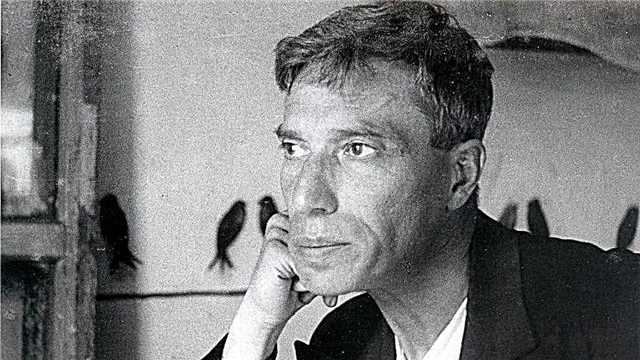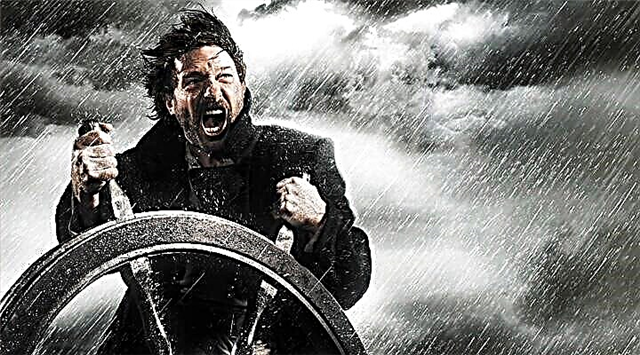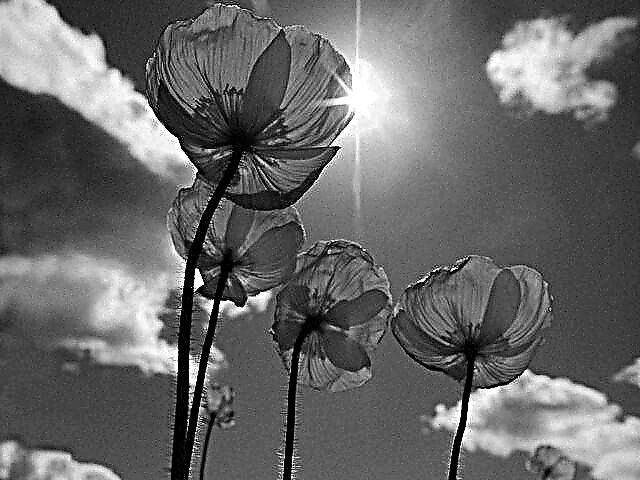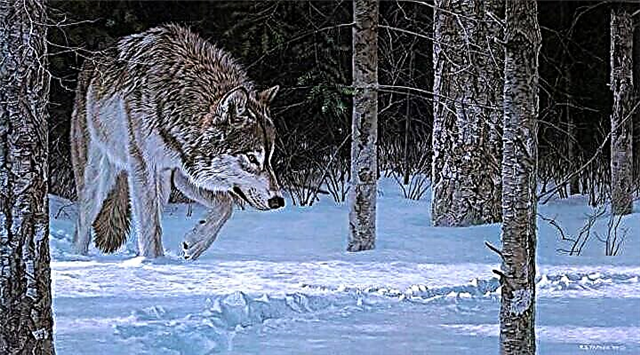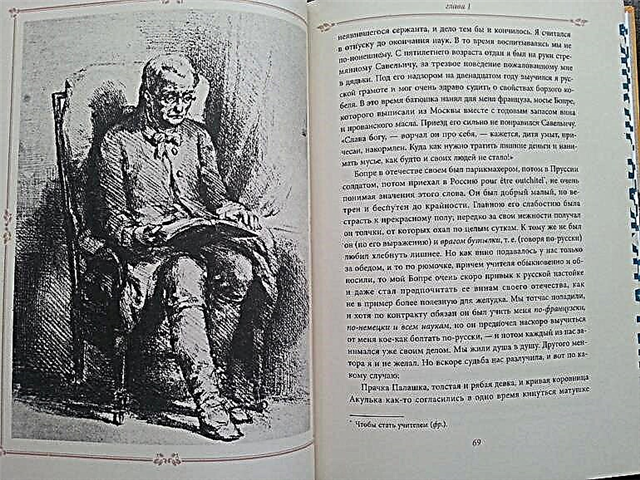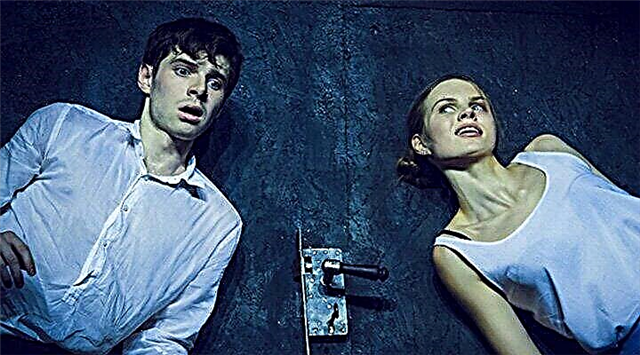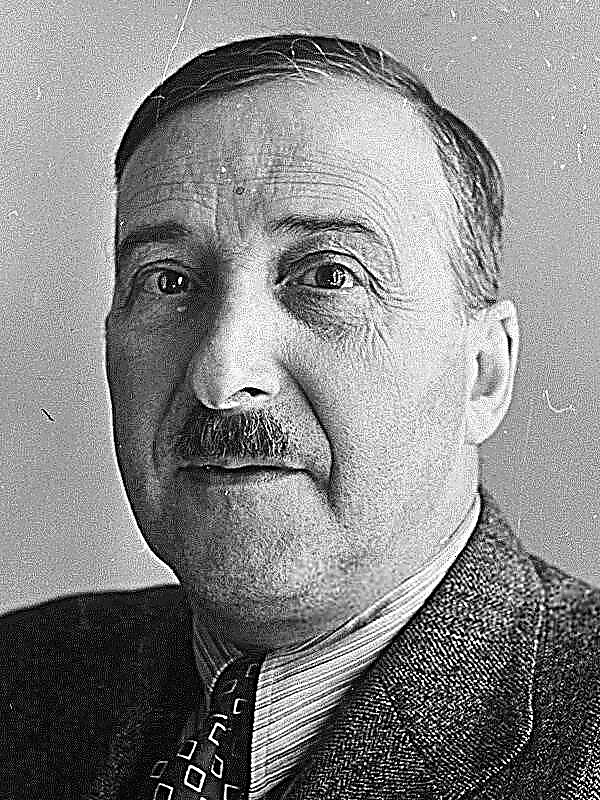An old, obese, exhausted by illnesses man sits in a strange house, in a strange bedroom, in a strange chair and looks at his body in bewilderment, listens to his feelings, becomes fierce and cannot completely overpower his thoughts: “Fools! They think that by informing me of an attempt on my assassination attempt, telling me the hour when they were supposed to tear me to pieces in a bomb, they saved me from the fear of death! They fools think that they saved me by secretly bringing me and my family to this strange house, where I am saved, where I am safe and calm! Not death is terrible, but its knowledge. If someone probably knew the day and time when he should die, he could not live with this knowledge. And they tell me: “At one o’clock in the afternoon, Your Excellency! ..”
The minister, on whom the revolutionaries were preparing an assassination attempt, thinks that night, which could be his last night, of the bliss of ignorance of the end, as if someone had told him that he would never die.
Attackers, detained at the time of the denunciation, with bombs, infernal cars and revolvers at the entrance of the minister’s house, spend the last nights and days before hanging, to which they will be quickly sentenced, in thought are equally painful.
How can it be that they, young, strong, healthy, will die? And is it death? “Am I afraid of her, the devil? - thinks about the death of one of the five bombers, Sergei Golovin. - It's a pity for me! Great thing, no matter what pessimists say. And what if a pessimist hang? And why did my beard grow? "Didn’t grow, didn’t grow, otherwise it suddenly grew - why? .."
In addition to Sergei, the son of a retired colonel (his father on the last date wished him to meet death, like an officer on the battlefield), there are four more in the prison cell. The son of a merchant, Vasya Kashirin, who devotes all his strength to not showing the horror of death crushing him to the executioners. Unknown by the nickname Werner, who was considered the instigator, who has his own mental opinion about death: it doesn’t matter whether you killed or did not kill, but when they kill you, thousands kill you - they kill you for fear, then you won, and death for you are no more. Unknown by the name of Musya, looking like a teenage boy, thin and pale, ready at the hour of execution to join the ranks of those bright, holy, best that go from torture and execution to the high heaven from time immemorial. If she had been shown her body after death, she would have looked at him and said: “This is not me,” and the executioners, scientists and philosophers would have retreated with a shudder, saying: “Do not touch this place. It is holy! ” The last among those sentenced to hanging was Tanya Kovalchuk, who seemed like a mother to her like-minded people, her look, smile, fears for them were so caring and loving. She paid no attention to the court and the verdict; she completely forgot about herself and thought only of others.
Five “political” people are waiting for hanging on one crossbar Estonian Janson, barely speaking Russian farm laborer, convicted of murdering the owner and attempted rape of the mistress (he did all this foolishly, hearing that a similar thing happened on the neighboring farm), and Mikhail Golubets nicknamed Gypsy woman, the last in the series of crimes of which was the murder and robbery of three people, and the dark past - went into mysterious depths. Misha calls himself with complete frankness a robber, flaunts both that which he has committed and that which now awaits him. Janson, on the contrary, is paralyzed by both the deed and the verdict of the court and repeats the same thing to everyone, putting in one phrase everything that he cannot express: "I do not need to hang."
Hours and days flow. Until they are gathered together and then taken out of town, to hang in the March forest, the convicts single-handedly overpower a thought that seems wild, absurd, incredible to everyone in its own way. The mechanical man Werner, who regarded life as a complex chess problem, would be instantly healed of contempt for people, disgust even for their appearance: he would rise above the world in a balloon, and would be moved, how wonderful this world was. Musya dreams of one thing: so that people in whose kindness she believes do not spare her and declare her a heroine. She thinks of her comrades, with whom she is destined to die, as friends, in whose house she will enter with greetings on laughing lips. Serezha exhausts his body with the gymnastics of the German doctor Müller, defeating fear with an acute sense of life in a young flexible body. Vasya Kashirin is close to insanity, all people seem like dolls to him, and, like a man drowning in a straw, he grabs onto the words that came to mind from somewhere in early childhood: “Joy to all who mourn,” pronounces them tenderly ... but emotion evaporates at once, he barely remembers candles, a priest in a cassock, an icon, and a hated father, bowing in the church. And he becomes even worse. Janson turns into a weak and dumb animal. And only the Gypsy woman, until the very last step to the gallows, swaggers and toothoscalites. He experienced horror only when he saw that everyone was being led to death in pairs, and he was hanged alone. And then Tanechka Kovalchuk gives him a place in tandem with Musya, and Gypsy leads her arm, guarding and groping the road to death, as a man should lead a woman.
The sun rises. They put corpses in a box. Spring snow is also soft and fragrant, in which the worn galosh lost by Sergey blackens.



